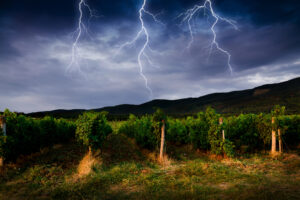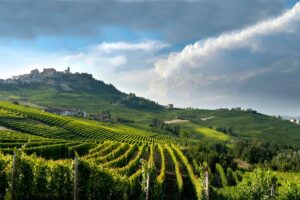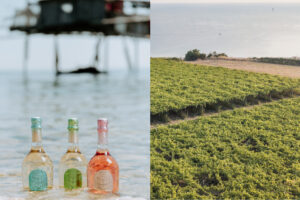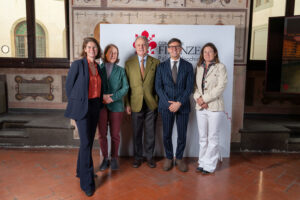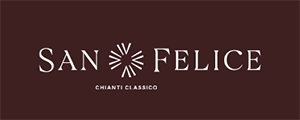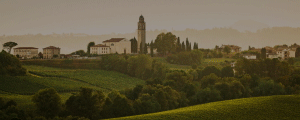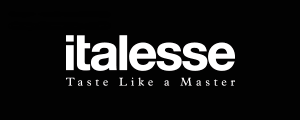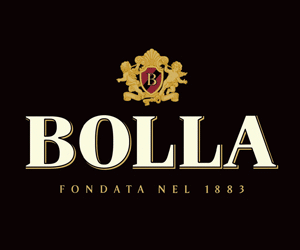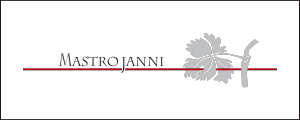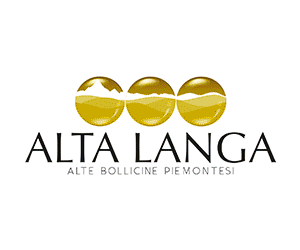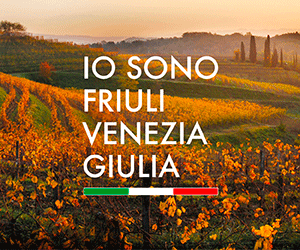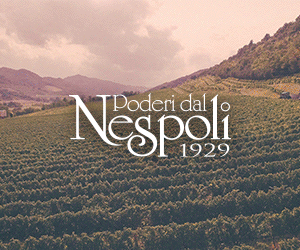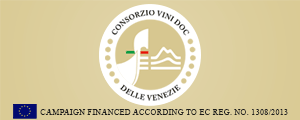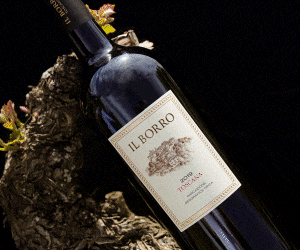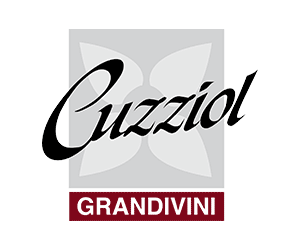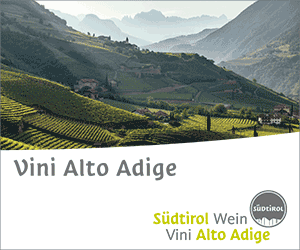Sicily is one of Italy’s wine regions that has grown the most in quality and on the market over the last 10 years. This is thanks to a long history of wine making, enlightened producers and phenomena such as Etna, to mention the latest and most sensational case, that have made it one of the "tigers" of Italian wine in the world and increasingly loved on the market and by wine critics. It is also one of the most planted and productive regions in Italy but it has to deal with quite a few problems. According to some, there is a very real risk of a downfall. The farmers association, Coldiretti launched the alarm that grapes are paid 5 euros per quintal and there has been a 50% fall in prices compared to 2012. “Some people say I’m exaggerating”, Alessandro Chiarelli, head of Coldiretti Sicily explained to WineNews, “but I would be very happy to be proven wrong”.
The prices of grapes have been falling for the past 8/9 months, and we have been asking customs for months, unsuccessfully, about incoming processed goods arriving in Sicily, concentrated musts and wines from abroad. Too much of our production is fragmented; on one hand, there are dozens of excellent wineries that luckily were able to build a brand and sell it on the market, but on the other, there are thousands of producers who follow the trends of storage cellars and sales. We have been watching this downward game for too many months now, and most of the grape investors are still not sure about the adjustments they have been waiting for since the middle of last year. There are a myriad of problems – bulk wine that comes from abroad; Europe that allows adding sugar in some countries but does not allow selling musts that instead might find a market; there are no plans to manage surplus. A lot of Sicilian wine is bottled outside the region so we cannot control the markets, meaning we find Nero d’Avola wines in a discount store at 98 euro cents a bottle, with no return value to the territory. And, we really need a stronger Regional administration. Then there's the gap between what the grape sellers earn and what the bottlers earn, which I believe does not exist in any other territory in Italy. And I wonder if there is a "cartel" of those who have the capital, the bottlers and grape buyers, to keep prices low”. It might seem exaggerated to many who, however, admit there is a problem, despite the success Sicilian wines have reaped.
Salvatore Li Petri, director of Settesoli, one of the largest and most established Sicilian wine firms, says, “This kind of scare tactic is harmful. We must not bury our heads in the sand as the problem exists; we have to face reality and deal with the situation. It is clear that there are problems. Worldwide wine production increased this year, especially compared to the last two harvests, but the problems of 2/3 years ago resurfaced. We will not be able to solve problems if we are not aware that in order to build a future for wine it is important to change the way it is made and marketed. If I continue to produce wine and am not aware of what the market wants, without asking myself about the quality of the wine I produce and about its identity, then clearly the only variable the customer can use to decide is price. The down side of deciding on price alone is that there will always be someone in the world that will sell for 1 cent less. Unfortunately, this is what is happening now. At a time when there is a small production surplus of wine in the world, but demand has not grown, creating a minimum surplus, the categories that suffer the most are standard quality wines. If the bulk of production in Sicily is made from this type of wine, then it is clear that there are these kinds of problems. Sicily, over the past 30 years has followed a project centered on quality and is not suffering. It goes by the rules of the market, playing its game and is able to sell its wine all over the world.
The Sicily Coldiretti is talking about, with its cries of alarm, does not represent those enlightened entrepreneurs and companies that have followed a quality project, and that look at the market as an outlet. If I continue to make wine without an identity, then it is clear that I will be subject to the market. If, instead, I follow a policy of quality, customer loyalty, or even in the world of bulk wine, I try to differentiate myself by producing the best quality possible and making it better and better, I will see top results. One has to follow the example of the many honest wineries in Sicily, instead of going to the Regional Councilor to cry about problems. The Councilor is not the market. The Sicily this alarm would like to portray is, fortunately, not the Sicily that most people know and love”.
Copyright © 2000/2024
Contatti: info@winenews.it
Seguici anche su Twitter: @WineNewsIt
Seguici anche su Facebook: @winenewsit
Questo articolo è tratto dall'archivio di WineNews - Tutti i diritti riservati - Copyright © 2000/2024











